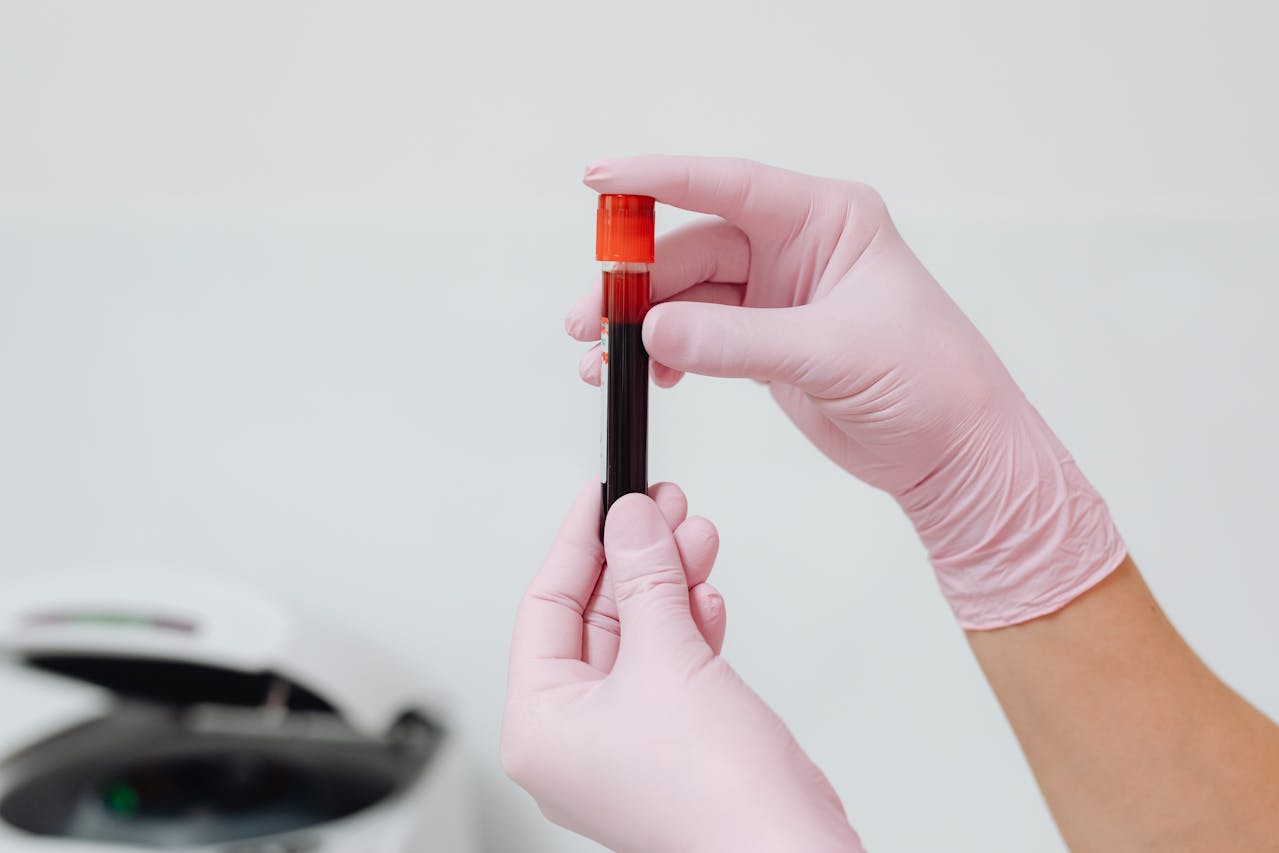What Is Haematology?
Haematology is a specialised branch of medicine that focuses on the study, diagnosis, treatment, and prevention of blood-related disorders. This includes diseases affecting red blood cells, white blood cells, platelets, blood vessels, bone marrow, lymph nodes, and the proteins involved in bleeding and clotting.
The field of haematology is critical in modern healthcare. Blood is one of the most accessible tissues for analysis, and abnormalities in the blood can reveal a wide range of conditions—from infections and nutritional deficiencies to cancers and autoimmune disorders.
Haematologists use blood samples to monitor everything from anaemia to leukaemia, including more complex chronic cases such as chronic lymphocytic leukaemia, and they often work closely with oncologists, pathologists, and general physicians to manage complex cases.
Key Areas of Haematology
Haematology covers various subspecialities that help clinicians and scientists focus on different aspects of blood and its components:
1. Red Blood Cell Disorders
These include conditions like:
- Anaemia: A lack of healthy red blood cells or haemoglobin.
- Sickle cell disease: A genetic disorder affecting the shape of red blood cells.
- Thalassaemia: A group of inherited conditions resulting in abnormal haemoglobin production.
2. White Blood Cell Disorders
White blood cells are essential for the immune system. Disorders here can include:
- Leukaemia: Cancer of blood-forming tissues, resulting in high numbers of abnormal white blood cells.
- Lymphoma: Cancer of the lymphatic system, which includes lymph nodes and certain white blood cells.
- Myeloma: Cancer that affects plasma cells in the bone marrow.
3. Platelet and Clotting Disorders
These affect how blood clots and can lead to either excessive bleeding or dangerous clotting:
- Haemophilia: An inherited condition that impairs the blood’s ability to clot.
- Deep vein thrombosis (DVT): The formation of blood clots in deep veins.
- Von Willebrand disease: A bleeding disorder caused by low levels of the clotting protein.
4. Bone Marrow and Stem Cell Disorders
Bone marrow is responsible for producing all types of blood cells. Disorders here include:
- Aplastic anaemia: A condition in which the bone marrow doesn’t produce enough blood cells.
- Myelodysplastic syndromes (MDS): A group of disorders caused by poorly formed or dysfunctional blood cells.
- Leukaemia and other cancers: Many haematological cancers originate in the bone marrow.
5. Transfusion Medicine
Haematologists also manage the safe collection, testing, storage, and transfusion of blood and blood components. This includes overseeing blood banks and ensuring that transfusions are safe and appropriate.
Why Is Haematology Important?
Haematology helps detect some of the most serious and life-threatening medical conditions early. A simple blood test can reveal systemic problems that are otherwise hard to detect, such as internal bleeding, infection, immune deficiencies, or cancer. Without haematology, doctors would lack essential data to make accurate diagnoses and develop treatment plans.
Haematologists also play a major role in cancer care. In fact, some of the most aggressive cancers—such as acute leukaemia—require immediate haematological input. Many blood disorders are chronic in nature, so haematologists often build long-term care plans, follow up with patients over time, and adjust treatments as conditions evolve.

How to Pursue a Career in Haematology
A career in haematology begins with a strong academic foundation in the sciences. Students in Malaysia typically start with a foundation in science, followed by a recognised medical degree in Malaysia. After completing medical school, graduates must undergo housemanship and specialise in internal medicine before pursuing a subspecialty in haematology.
Alternatively, those with an interest in research, diagnostics, or laboratory science can choose to study a degree in biomedical science, which opens pathways to laboratory-based roles in clinical haematology, research labs, and diagnostic centres.
Careers in Haematology
There are many career paths within this field:
- Clinical haematologist: Diagnoses and treats blood diseases in hospital or private settings.
- Haematopathologist: Focuses on disease identification through lab analysis of blood, bone marrow, and lymph nodes.
- Medical laboratory scientist: Performs blood tests, matches transfusions, and ensures sample accuracy.
- Research scientist: Works on developing new treatments or understanding disease mechanisms.
- Blood bank specialist: Oversees safe blood collection, testing, and transfusion.
Future of Haematology in Malaysia
Haematology is a growing field in Malaysia, especially due to the rising prevalence of blood-related cancers and genetic disorders such as thalassaemia. There is also increasing demand for transfusion services and specialised diagnostics in both public and private hospitals.
Malaysian medical schools are expanding their haematology modules, and hospitals across the country are investing in better laboratory infrastructure and research facilities. With further support for continuing medical education and subspecialty training, haematology will play an even greater role in the nation’s healthcare ecosystem.
FAQs About Haematology
1. What does a haematologist do?
A haematologist diagnoses and treats diseases related to the blood, bone marrow, and lymphatic system. They may perform procedures such as bone marrow biopsies and oversee treatments like chemotherapy for blood cancers.
2. Do I need a medical degree to work in haematology?
Yes, to become a clinical haematologist, you need to complete a medical degree, followed by postgraduate training. However, laboratory-based roles are accessible through a biomedical science degree.
3. Can biomedical science graduates work in haematology?
Yes, a degree in biomedical science allows you to work in diagnostic labs, research, and blood banks, contributing to haematology services without being a doctor.
4. Is haematology a difficult speciality?
Haematology requires deep knowledge of internal medicine, cancer care, immunology, and laboratory testing. It can be complex but offers high-impact, rewarding career opportunities for those passionate about solving medical challenges.






